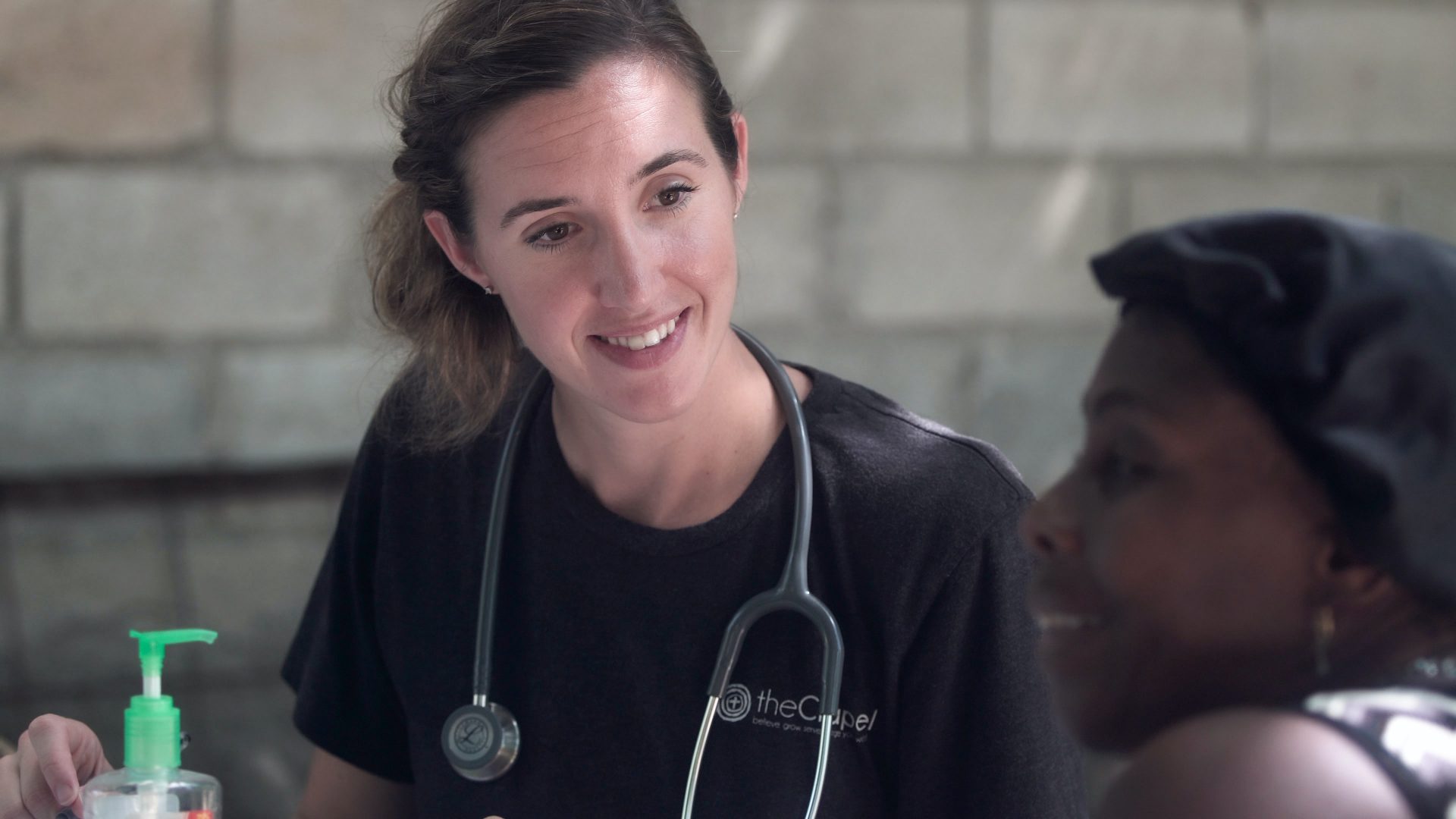Extreme Listening for Exceptional Patient Experiences
Gathering Useful Patient Insights to Drive Patient Experience Culture

The days of patient feedback programs only involving a phone or mail survey weeks after an encounter are gone. There are many ways to gather intelligence for many different purposes.
Understanding patient satisfaction and how needs and desires are being met is core however it’s also important to collect fresh information about patient engagement, caregiver impact, patient readiness for home, and insights on the overall provider culture. I call multi-channel customer or patient satisfaction research Extreme Listening and it involves not only coordinating a variety of feedback channels but also insuring that those involved in delivering the experiences are given prompt access to the insights. Another important aspect of Extreme Listening is that more time is spent with actual patient comments and less time with scores.
Score chasing has been a common practice in many clinical settings however that approach typically does not support long-term high satisfaction performance. Mining the comments and identifying trends offers more relevant direction for improvement. The scores are a priority due to systems in place around reimbursement and regulations but scores don’t tend to fuel staff passion and commitment to change behaviors the way real patient comments can.
An article in the England-based Nursing Times by Dr. Elaine Maxwell of the National Institute for Health Research Centre for Engagement and Dissemination reinforces common challenges to turning patient feedback into effective improvement plans.
She shared some key points:
“Although large amounts of patient insights are collected, often the data does not lead to change, frontline staff often do not see feedback in a format they can use to make improvements, and staff needs the authority, resources, time, and skill to analyze and act on patient feedback.”
These findings are consistent in the US. Healthcare leaders can support reliable patient experience enhancements by adopting strategies for Extreme Listening and effective communication and application. This would require that insights be gathered in a variety of ways, those insights be integrated to identify clear trends and then tied to leadership and staff accountabilities.
The Pursuit of Extreme Listening
There are many formal and informal ways healthcare organizations listen to patients and the level of integration and coordination of these insights varies depending upon the culture of the hospital or physician group. Some of the most effective listening methods to consider are:
- Real-time onsite mobile surveys for quick feedback while still onsite.
- Post-visit mail/phone surveys – traditional ratings and collection of verbatim comments
- Pre and post-visit focus groups for in-depth conversations with patients
- Inpatient rounding hourly or leader rounding for fresh feedback
- Call center inquiry analysis – nurse or agent call centers logging requests
- Intercept interviews – onsite quick interviews with a few core questions
- Bedside shift report updates – logging patient/family comments on the shift report
- Post-discharge callbacks – post-visit/stay nurse callbacks to assess satisfaction
- Social media sentiment research – software analysis of social comments
- Patient Advisory Groups – general or diagnosis-specific discussion groups
- Frontline staff co-creation sessions – gathering frontline staff observations
Patient Experience Management-software contracts that integrate patient contact information or signals from multiple sources into daily or weekly reports for action planning.
Many of these satisfaction research methods involve third-party professionals well-trained in the solicitation of meaningful feedback. For the methods that involve front-line staff insight gathering or caregiver collection of insights such as rounding, it’s important that consistent training and guidelines are in place for well-rounded solicitation of feedback without influencing the answers or being intrusive to the environment of care.
Conclusion
It’s important to listen very well and effectively use feedback in an industry that involves aspects of customers’ lives from cradle to grave.
Extreme Listening is a commitment to gather more than scores and to coordinate findings across many channels. It also requires that teams are well-trained to understand the importance of authentically listening to what patients say and observing what they may not be able to say to personalize, humanize and communicate well before, during, and after the care experience.
It’s unacceptable to gather information and never share it or apply it if a healthcare organization wants to stand out in the market and build long-term loyalty.

Diane S. Hopkins
Senior Leader Healthcare Practice for Extens Consulting
Discover what we can do for you and your business to succeed in Care.
Get in touch with the author to share your comments and discuss the topic.




